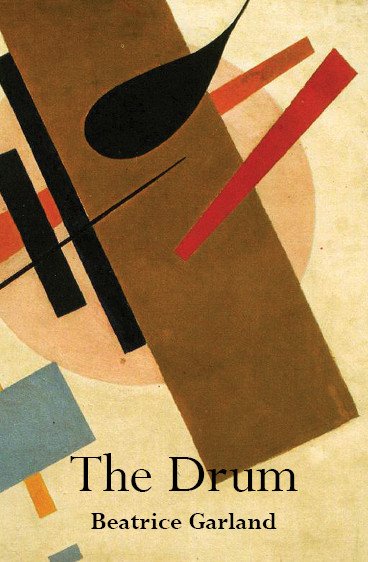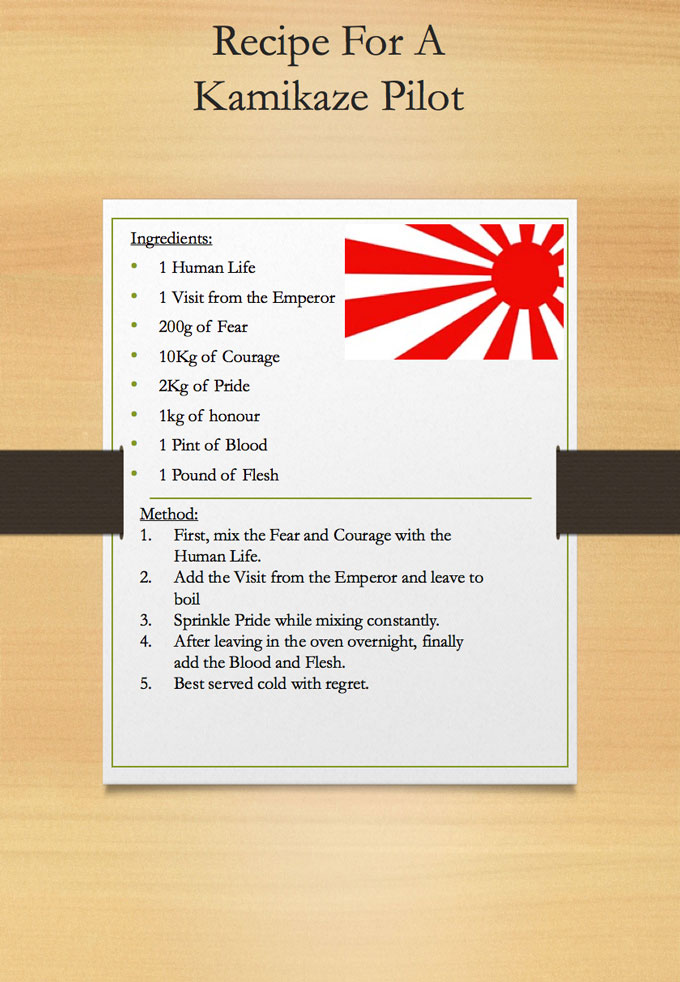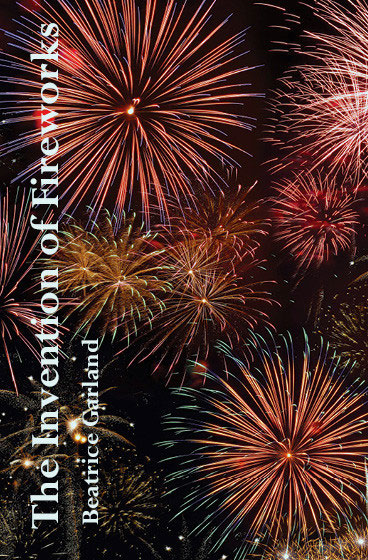If you’re a writer who’s published at least one book, you’re eligible to apply for a Hawthornden Fellowship to do a whole lot more writing. Drue Heinz (yes, beans) was the benefactor, leaving her magnificent castle on the edge of a gorge to those who wanted/needed a period of seclusion for their next work. All the costs of the residency – board, lodging – are met by the same Fund. The castle is very old, very beautiful and very secluded, and the seclusion is intensified by there being no internet connection and very little chance of making mobile phone calls once you’re in situ. Ideal, in fact, for concentration on the task.
I was lucky and very pleased indeed to receive a Hawthornden Fellowship. The month in the castle was originally intended to happen in October 2020, but the pandemic made that impossible; in the same way, July 2021 was cancelled. But by October 2021 there was a brief window of cautious optimism in which it was possible for the five writers that can be in residence at any one time to gather and get down to work.
We were not to talk during the day: either working or walking were the options. The walking in the ancient woods, and down to the river in the gorge below would happen when I was written out completely, and needed new energy. Sometimes I’d meet a fellow-writer on the path, equally lost in thought, but we’d stick to the rules and limit ourselves to a grin and a greeting. However, in the evenings talk was lively, while Ruth, the marvellous cook, produced varied and delicious three-course meals. During the day, Mary, the Housekeeper, took care of the rooms and any muddy clothes that might turn up. Being looked after that well had something in common with being a child again, but with all the advantages of having a grown-up’s education, and access to the superb library in the grounds. The group I was with (Monica McPartlin, Heather Parry, George Ttoouli and Mark Lawlor) would meet after dinner to compose some dazzling haiku, and the tradition has continued since, via email.
Presiding over everything was the august figure of Hamish, the Administrator, who was less fierce than he seemed at first, though it didn’t take long before I’d broken at least three rules – one of which, on my first day, was to ask for a second helping of Ruth’s marvellous pudding. By the time it came to fireworks on 5 November, outside the castle’s keep, he had mellowed enough to turn a blind eye to the goings-on: mighty Roman candles, and a bunch of sparklers in the dark.
I got a tremendous amount of work done: a rough first draft of a new bunch of poems – this time a story about the scientists working in the early days of immunology. I cannot say how grateful I am to have had the opportunity to work undisturbed by the dangerously seductive lure of email and the internet. Sometimes I am invited to talk in schools about being a poet, and about the poem I have (at the moment) in the GCSE syllabus – Kamikaze. I try to tell the kids how much energy and attention that could go into writing poems gets absorbed by social media; but that information is often met with blank, even stony faces. But evenif this crusading message penetrates only one or two young pairs of ears, it’s worth it. Doing without the input from the internet means twice as much output. Fact!
February 2022




